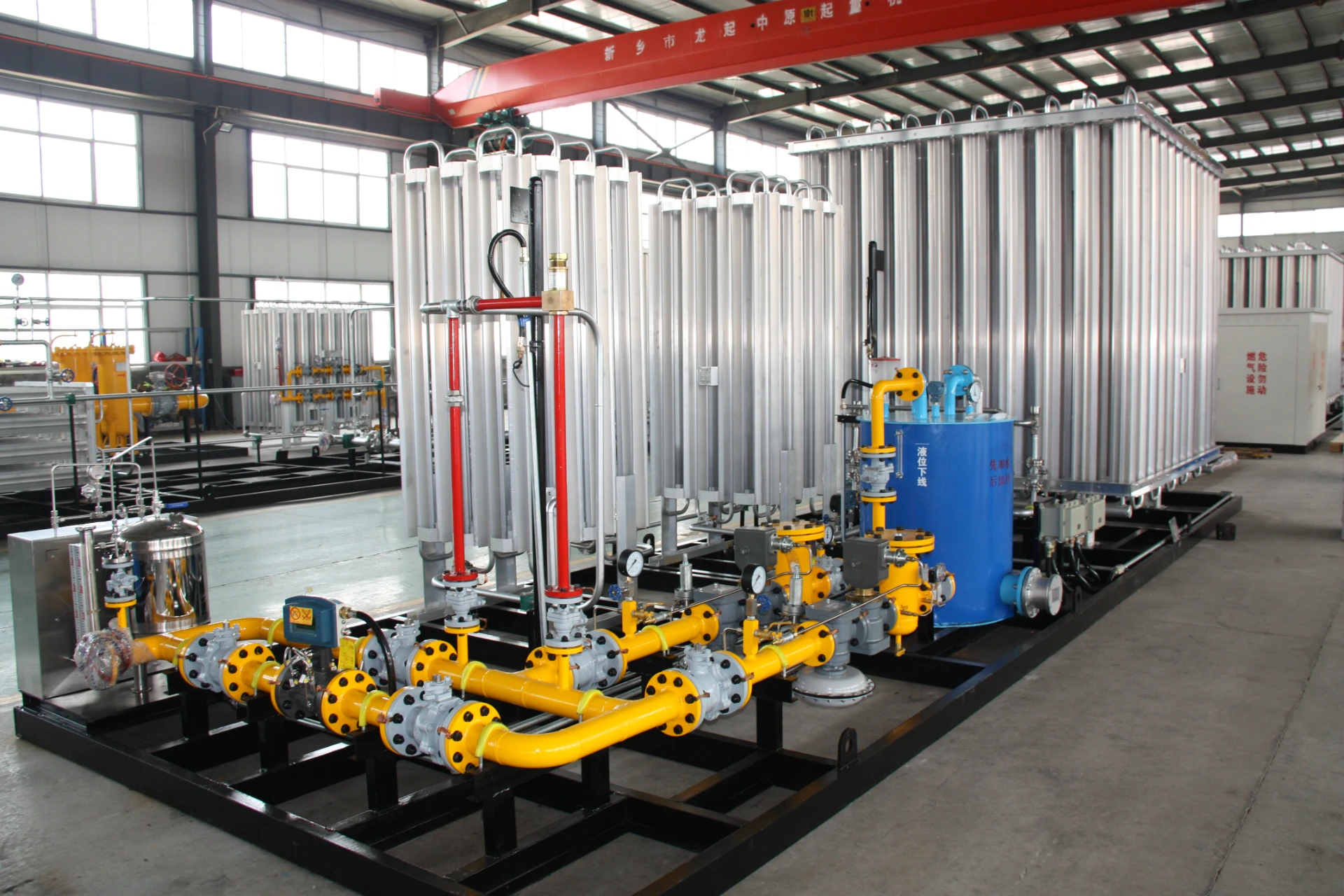
Dec . 06, 2024 16:19
Back to list
Shutoff Valve for Efficient Fluid Control in Various Applications
Understanding the Importance of Shut-off Valves
Shut-off valves are critical components in various industrial processes and home plumbing systems. They are designed to control the flow of fluids, whether they be gases or liquids, and can be found in a wide range of applications, from household fixtures to complex industrial machinery. This article explores the significance, types, applications, and maintenance of shut-off valves.
What are Shut-off Valves?
A shut-off valve, as the name suggests, is a valve that stops the flow of fluid in a pipe. They are typically operated manually or automatically, and their primary function is on/off control. These valves can be installed anywhere in a piping system where regulation of fluid flow is necessary.
Types of Shut-off Valves
There are several types of shut-off valves, each suited for different applications
1. Ball Valves Known for their reliability, ball valves use a spherical disc to control flow. When the ball’s hole is aligned with the flow direction, the valve is open. When the ball is rotated 90 degrees, the valve is closed. Ball valves are preferred in high-pressure applications due to their durability.
2. Gate Valves These valves are designed to be fully opened or closed. They consist of a wedge-shaped metal gate that moves up and down, allowing or blocking fluid flow. Gate valves are often used in applications where a straight-line flow of fluid and minimum restriction is desired.
3. Globe Valves These valves are ideal for regulating flow. Their design allows for precise control, making them suitable for applications that require throttling. Globe valves are typically used in non-constant flow systems.
4. Check Valves Unlike other shut-off valves, check valves allow fluid to flow in one direction only. They are primarily used to prevent backflow in piping systems.
.
Applications of Shut-off Valves
صمام الإغلاق

Shut-off valves are utilized across various sectors. In residential plumbing, shut-off valves enable homeowners to control water supply to different fixtures, making maintenance and repairs possible without shutting down the entire water supply. In industrial settings, they are crucial in gas and oil pipelines, chemical processing, water treatment plants, and food processing facilities. By controlling the flow of crucial substances, shut-off valves help in managing pressure and ensuring safety.
Importance of Shut-off Valves in Safety
The role of shut-off valves in safety cannot be overstated. In the event of a leak or rupture in a system, these valves can quickly stop the flow of hazardous materials, preventing spills and accidents. In industrial environments, the failure of a shut-off valve can lead to catastrophic outcomes, including explosions or environmental contamination. Thus, regular maintenance and testing of these valves are vital to ensure they function correctly when needed.
Maintenance of Shut-off Valves
To ensure the effectiveness and longevity of shut-off valves, regular maintenance is essential. Here are a few maintenance tips
1. Regular Inspections Routine checks should be performed to ensure valves are functioning properly and are free from leaks and corrosion.
2. Testing Periodic testing of the valves, especially after long periods of inactivity, can help identify any faults.
3. Lubrication Depending on the type of valve, proper lubrication (if needed) can enhance performance and reduce wear.
4. Replacement If any valve shows signs of irreversible damage, it should be replaced immediately to maintain system integrity.
5. Professional Services It is advisable to consult professionals for maintenance and servicing to guarantee compliance with safety standards.
Conclusion
Shut-off valves play a crucial role in the smooth operation of fluid systems, ensuring safety and efficiency across various applications. Understanding their types, importance, and maintenance can help individuals and organizations manage their systems effectively, preventing potential hazards and extending the life of their installations. With ongoing advancements in technology and materials, the functionality and reliability of shut-off valves will continue to improve, making them an essential component of modern engineering and plumbing systems.
Latest news
-
Safety Valve Spring-Loaded Design Overpressure ProtectionNewsJul.25,2025
-
Precision Voltage Regulator AC5 Accuracy Grade PerformanceNewsJul.25,2025
-
Natural Gas Pressure Regulating Skid Industrial Pipeline ApplicationsNewsJul.25,2025
-
Natural Gas Filter Stainless Steel Mesh Element DesignNewsJul.25,2025
-
Gas Pressure Regulator Valve Direct-Acting Spring-Loaded DesignNewsJul.25,2025
-
Decompression Equipment Multi-Stage Heat Exchange System DesignNewsJul.25,2025

